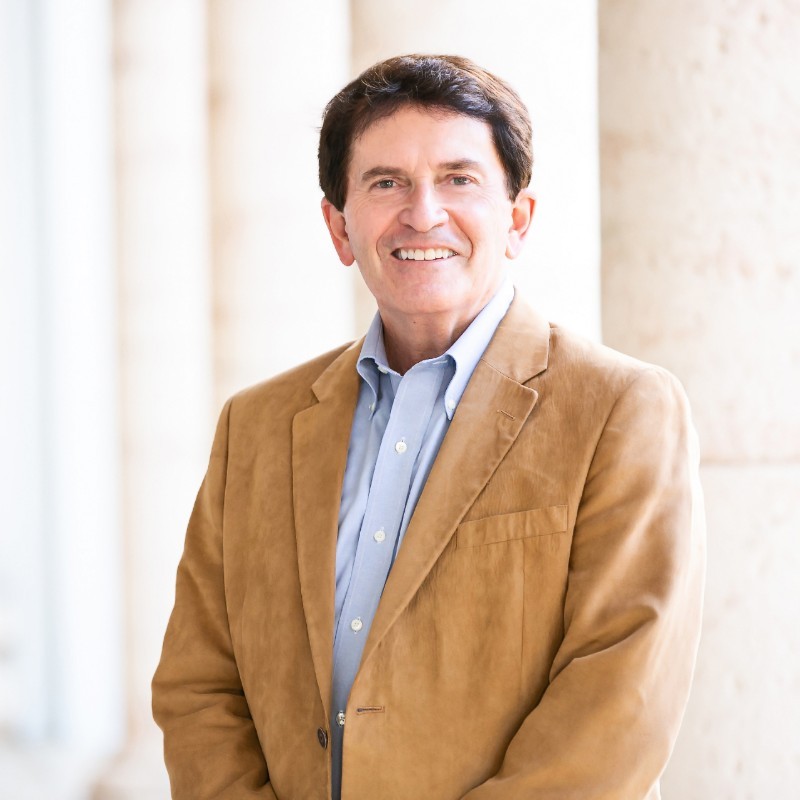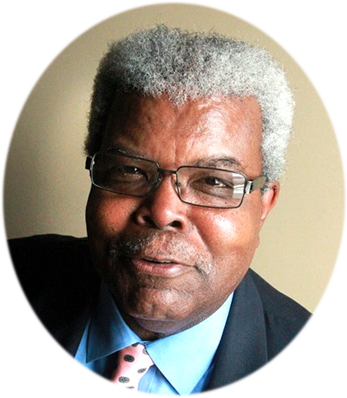By Bob Denney, PGA Historian Emeritus
African American golf pioneers are the unsung “beacons” of change in an ancient game marked by a checkered past. My guess is those pioneers, had they been with us today, would take heart by spending an afternoon last August in a Marriott ballroom in Palm Beach Gardens, Florida.
The fourth African American Golf EXPO & Forum brought together vendors and personalities that vigorously campaign for expanding the current 8.9% Black or African American golfers in the United States.
This multi-billion dollar industry has a place for everyone, and especially fresh ideas. The campaign to “make the golf industry look like America” remains a work in progress, but there is plenty reason for hope.
You take 2009 Super Bowl Most Valuable Player Santonio Holmes, the former Pittsburgh Steelers wide receiver who tippy-toed to catch a winning touchdown on football’s biggest stage. Holmes is the co-founder of 10 All In, a company to promote diversity, equity, and inclusion by incorporating education to kids about golf and help them develop emotional maturity.
Holmes greeted me like I was a long-lost teammate, and it made me feel he was genuine in his efforts to make his company one of impact.
About those pioneers, they include Dr. George Grant, a Boston dentist who patented the first wooden golf tee in 1899, and there’s John Shippen, son of a Black minister and the first American-born golf professional, who at age 16, finished fifth in the 1896 U.S. Open over the protests of several English and Scottish professionals in the field.
My guess is that both Dr. Grant and Mr. Shippen would be pleased to see programs like 10 All In, The First Tee, job opportunities and club connections with Club Car; to explore golfing destinations of Sweet Home Alabama.
Mr. Shippen, the PGA head professional at Shady Rest Country Club in Scotch Plains, New Jersey, would be pleased to see representatives from the Preserve Shady Rest Committee greeting visitors at the forum. They would learn more about the amazing legacy and support of the nation’s first Black country club.
My guess is anyone who passed by the table of Ebony Greens, and met Shawn Summerville, would be attracted to the wide-ranging golf apparel line based in Louisville, Kentucky.
Capping the EXPO and Forum, managed with ease by James Beatty of Omaha, Nebraska, was a luncheon featuring former PGA of America CEO Jim Awtrey, and Rhett Evans, the CEO of the Golf Course Superintendents Association of America (GCSAA).
Awtrey was the best spokesperson for the PGA during years of crises, and a catalyst of change during his 12 years at the PGA helm. One particular event put Awtrey and the PGA in the crosshairs of public opinion.
Awtrey masterfully handled the furor ahead of the 1990 PGA Championship at Shoal Creek Country Club in Birmingham, Alabama, where membership was closed to minorities. The PGA stepped up and Shoal Creek became the model for all future major championships to be conducted only at facilities with open membership.
Just over three months after he scaled Mount Everest, Rhett Evans delivered an emotional and spellbinding presentation. A mountaineer for more than 30 years, Evans spoke of the loss of three climbers who perished on the mountain. He repeated the words, “Lead out.”
Remember to “Don’t’ think you have time,” Evans said, and underscored messages on a screen that included a video of his climb. “I learned so much about life and who I am and what the human spirit is capable of.”
For those spending time at the African American Golf EXPO and Forum, it became an invaluable experience where one could walk away feeling a dose of passion beyond golf. We don’t have to scale the world’s tallest mountain to absorb such passion, but we can follow the inspiration of Black pioneers who boldly took that first step, accepted a challenge, and never looked back.




